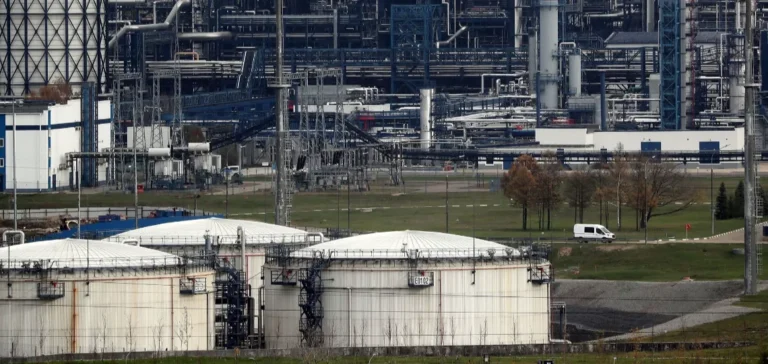Refiners in Thailand and Japan have increased their imports of light US crude in recent months, driven by rising instability in the Middle East and favourable tariff conditions. These decisions reflect a strategic rebalancing aimed at diversifying supply sources while indirectly supporting trade talks between the two Asian nations and the United States.
In Thailand, PTT Public Company Limited has set up a monitoring unit dedicated to observing market movements and adjusting procurement flows accordingly. This initiative has led to a notable increase in the volume of US crude acquired. In Japan, ENEOS Corporation and other refiners have similarly revised their sourcing strategies to include a larger share of US barrels, responding to regional uncertainty linked to the Iran-Israel conflict and broader geopolitical instability in the Gulf.
Continued increase in import volumes
According to Thai customs, the country imported 146,682 barrels per day of US crude in August, a 44.7% rise compared with the previous year. Over the first eight months of the year, the daily average reached 151,250 barrels, representing nearly 16% of total crude imports. Japan’s Ministry of Economy, Trade and Industry (METI) reported a 42.9% year-on-year increase in US crude imports between January and August, reaching 85,017 barrels per day.
Despite a slight month-on-month decline in August, the volumes imported by Japan remain above the three-year average, reflecting a growing commitment to alternative suppliers. Refiners in both countries aim to mitigate political and logistical risks by diversifying their supply portfolios.
Favourable price differentials and strategic arbitrage
The advantageous price structure of US crude is another factor behind this shift. The Brent-Dubai spread turned negative in late August, making sweet crudes like West Texas Intermediate (WTI) Midland and West Texas Light (WTL) more competitive. The differential between WTI Midland and Murban crude was assessed at minus $0.31/b on October 1, down from a year-to-date high of $2.51/b in June.
This pricing trend is influencing refiners’ purchasing decisions as they seek to reduce costs and exposure to volatile regions. Several Singapore-based traders have confirmed continued demand for US grades in the Asia-Pacific market.
Tariff consequences and interest conflicts
Thailand’s increased US crude imports enabled a reduction in reciprocal tariffs imposed by the United States, from 36% to 19% effective August 6. This development has raised concerns among some Thai industry players about a potential link between import volumes and trade concessions.
In Japan, although the US tariff remains at 15%, the significant volume of US crude imported this year could become a negotiation asset in future bilateral discussions. Sources close to Japanese refiners suggest that this situation, where energy procurement choices influence commercial terms, highlights a potential conflict of interest between industrial considerations and diplomatic agendas.






















